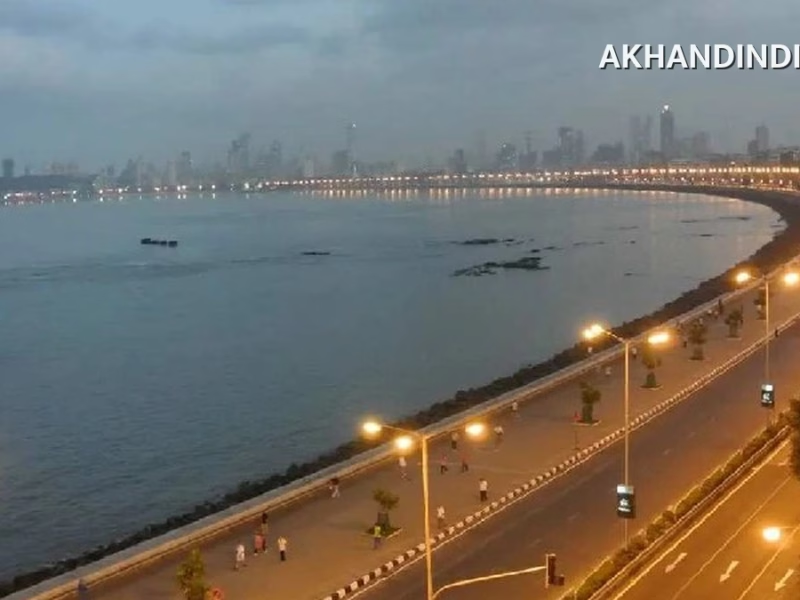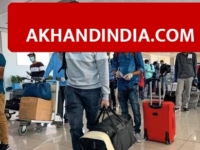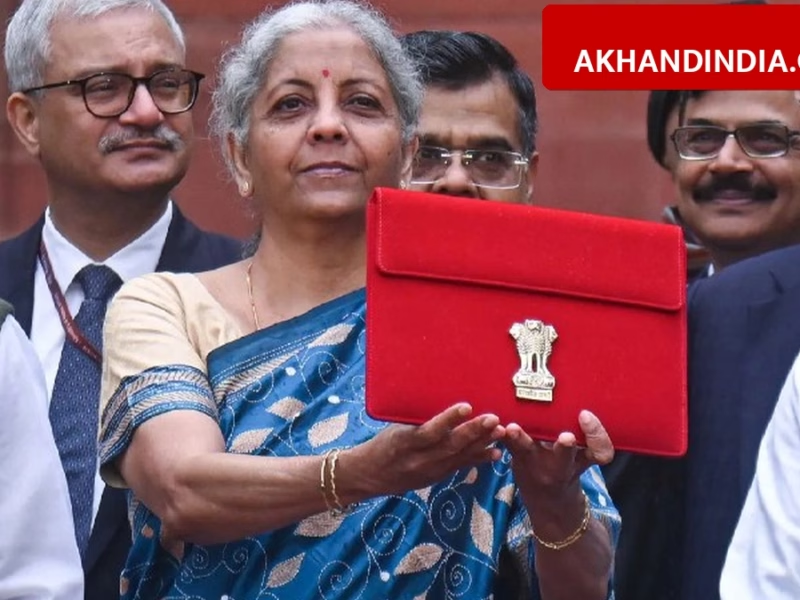सऊदी अरब ने लिया बड़ा फैसला
- डेमोक्रेटिक रिपब्लिक ऑफ कांगो के तीर्थयात्रियों को वीजा जारी करने किया मना
- के दौरान इबोला फैलने के डर से लिया गया यह फैसला
- सऊदी विदेश मंत्रालय ने की बुधवार को निर्णय की घोषणा
इसको किया गया है एक नोट
- जिसमें यह कहा गया, “डेमोक्रेटिक रिपब्लिक ऑफ कांगो से प्रवेश करने वाले लोगों के लिए तीर्थयात्रियों की भलाई के संरक्षण के लिए आगमन वीजा देना बंद कर दिया गया है”
- विश्व स्वास्थ्य संगठन (डब्ल्यूएचओ) ने बताई यह बात
- कांगो के पूर्वी उत्तर किवु और इतुरी में इबोला का प्रकोप अंतरराष्ट्रीय चिंता का एक सार्वजनिक स्वास्थ्य आपातकाल है
हालांकि सऊदी के इस कदम से यह स्पष्ट नहीं है कितने लोगों के आवेदन प्रभावित हुए हैं
- कांगो की लगभग तीन प्रतिशत आबादी मुस्लिम है
- कांगों के नागरिकों ने महीने सऊदी अरब में वार्षिक हज यात्रा में भाग लेने की योजना बनाई थी
- डीआरसी के स्वास्थ्य मंत्रालय के अनुसार, यह महामारी 1,700 से अधिक लोगों को मा’र चुकी है
जो इसे अनुबंधित करने वालों में से दो-तिहाई से अधिक हैं
- यह रिकॉर्ड पर अपनी तरह का दूसरा सबसे खराब प्रकोप है
- दुनिया की सबसे घातक वायरस से इबोला से 2014-2016 के दौरान पश्चिम अफ्रीका के माध्यम से 11,300 से अधिक लोगों की मौ’तें हो गई थी
- तीन सबसे बुरी तरह प्रभावित देशों – गिनी, सिएरा लियोन और लाइबेरिया के यात्रियों के लिए सऊदी ने तीर्थयात्रा वीजा निलंबित कर दिया है

Riyadh’s move came despite the WHO saying at the time of its international emergency declaration that no country should close its borders or place any restrictions on travel or trade because of Ebola and urging governments elsewhere in Africa and around the world not to “panic” in response to the decision.
The epidemic has killed more than 1,700 people – more than two-thirds of those who contracted it – since it emerged last August, according to the DRC’s health ministry. It is the second-worst outbreak of its kind on record.
Saudi Arabia also partially shuttered its borders to travellers amid fears over Ebola during the world’s deadliest ever eruption of the virus, which killed more than 11,300 people as it surged through West Africa during 2014-2016.
The kingdom suspended pilgrimage visas for travellers from Guinea, Sierra Leone, and Liberia – the three worst-affected countries.
For Muslims, the Hajj re-enacts the actions of the Prophet Muhammad in his “farewell pilgrimage” in 632 BCE. It is a central pillar of the Islamic faith meant to cleanse followers of sin and bring them closer to God.
The six-day pilgrimage is obligatory once in a lifetime for all Muslims with the means to afford it.









